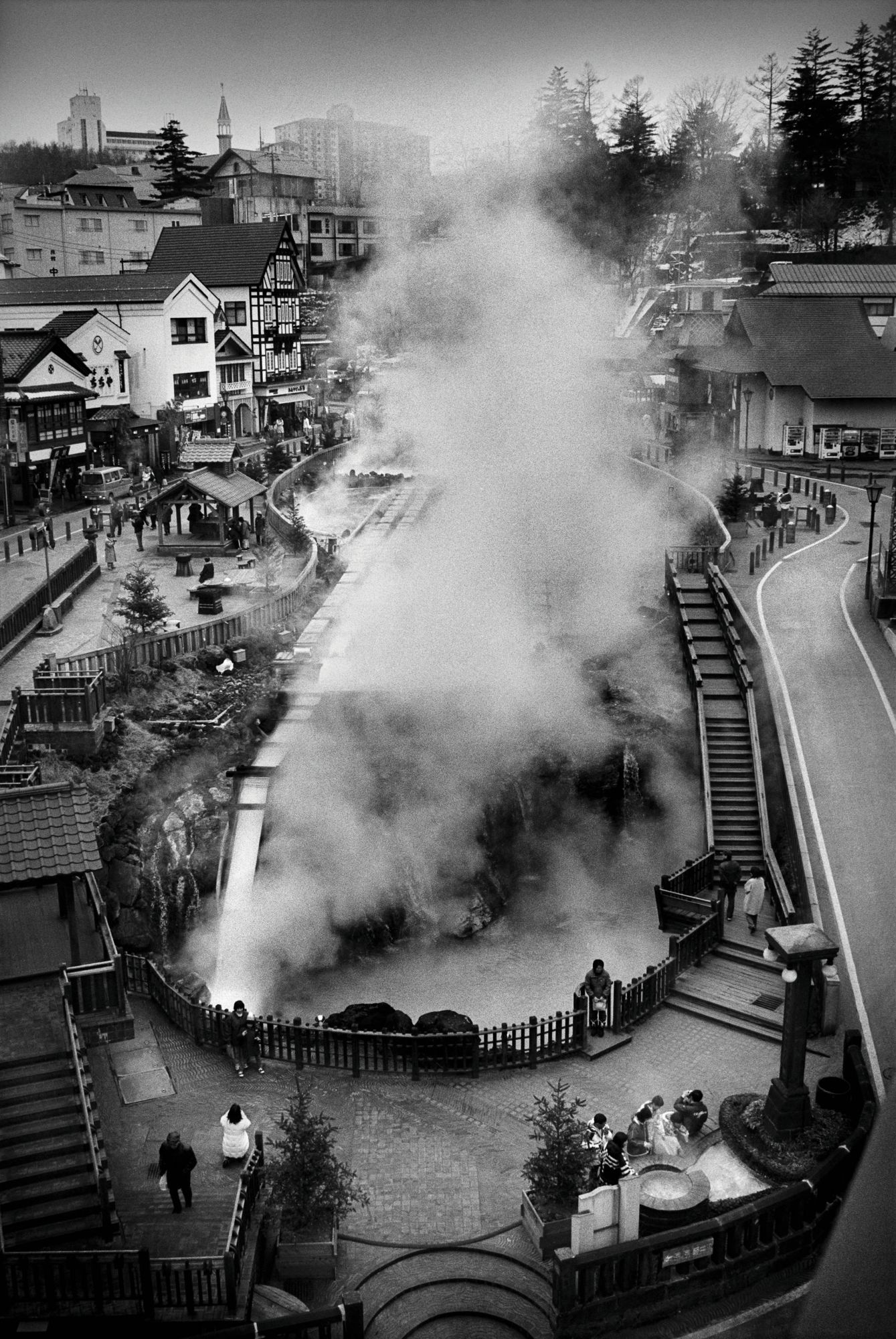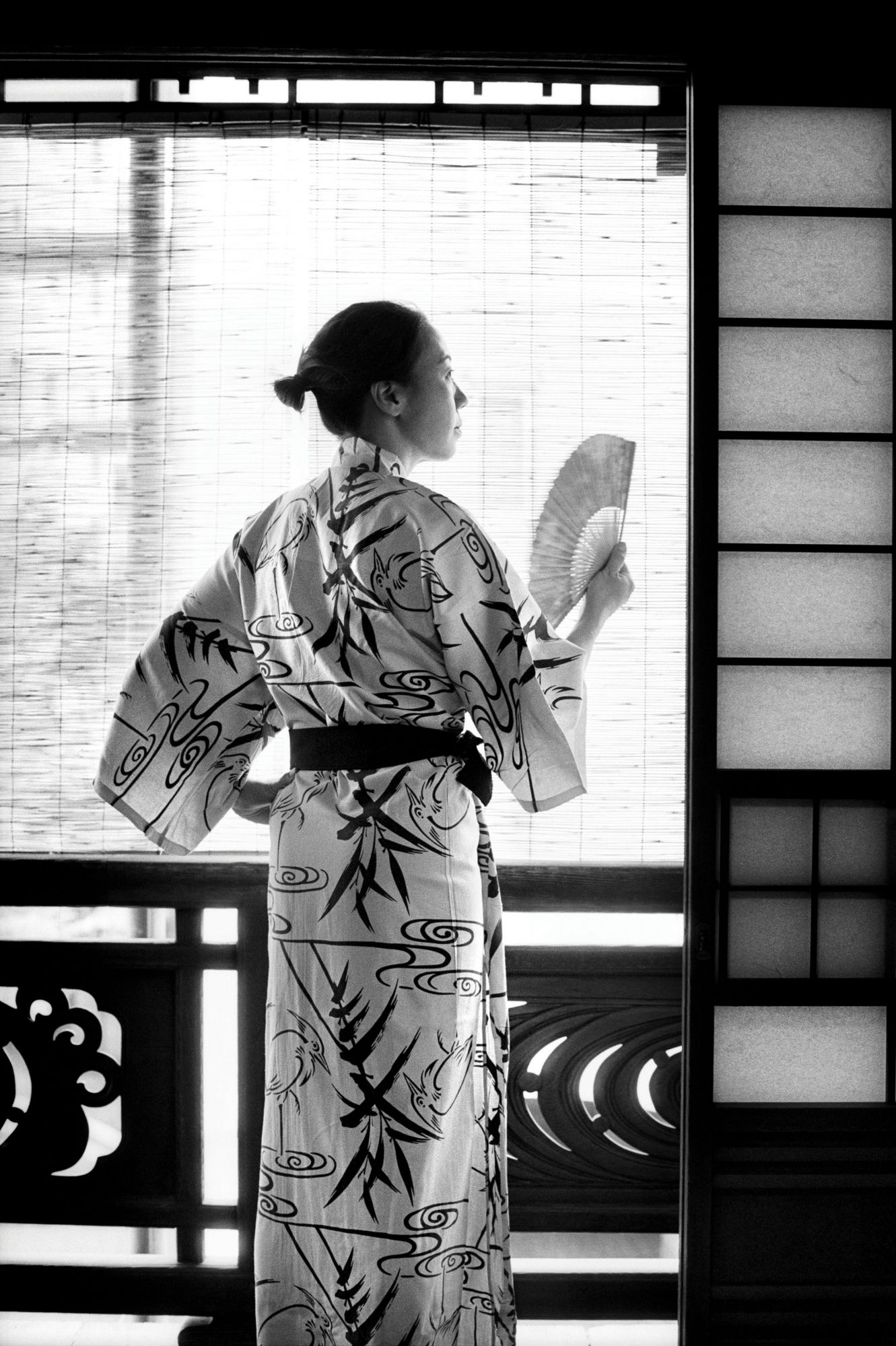“Given its geological and geothermal nature, Japan has a rich tradition of onsens (hot springs), counting some 20,000,” Harris says. “Over the centuries, they have come to signify a way of life. They are meccas, a place to bathe not only the body but also the soul.” Here, the photographer captured a lonesome bather in an onsen in Beppu, a town often shrouded in geothermal mist on the southern island of Kyushu. “I had my first Japanese bath experience here in the 1990s,” Harris recalls. “I still find the magical waters an endless source of both visual and visceral pleasure.”
Credits
Photography
Mark Edward Harris













